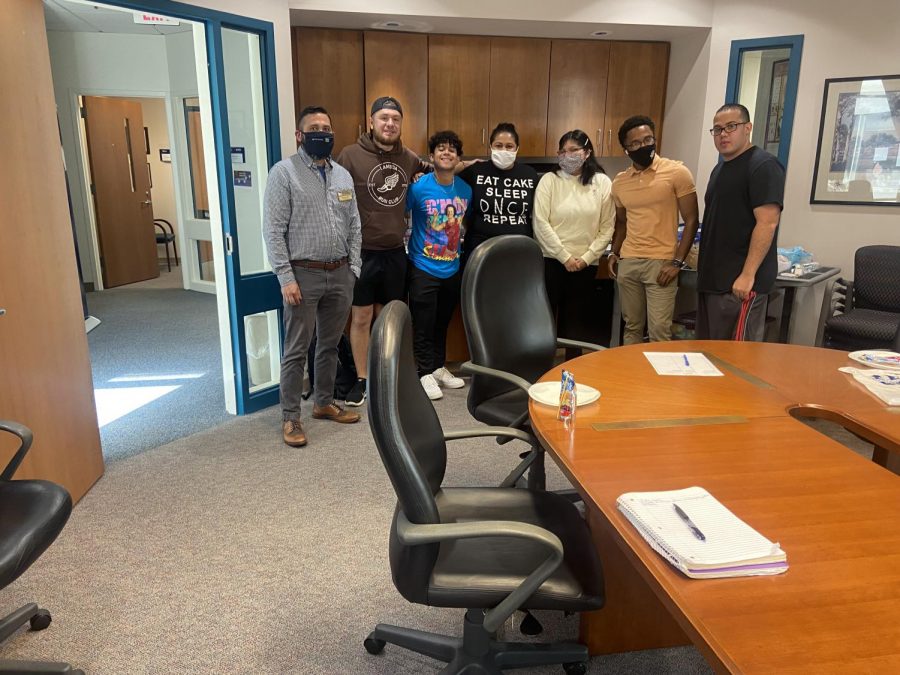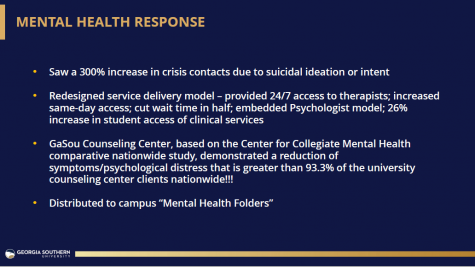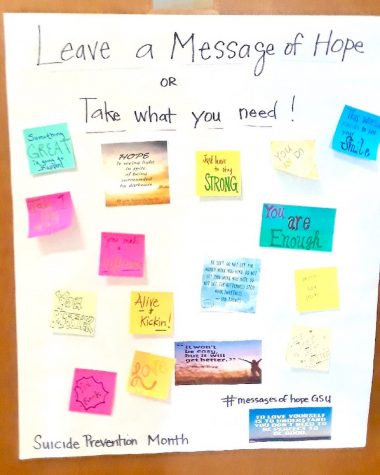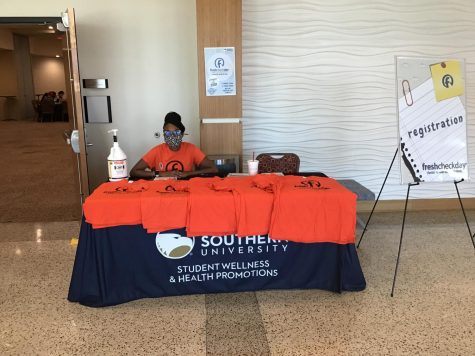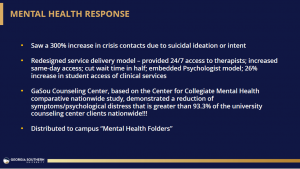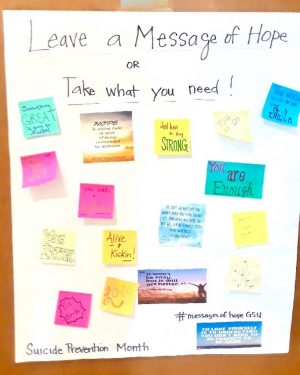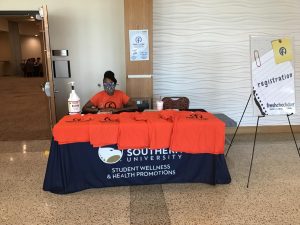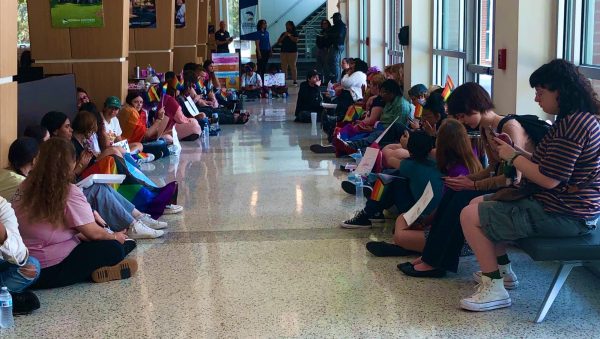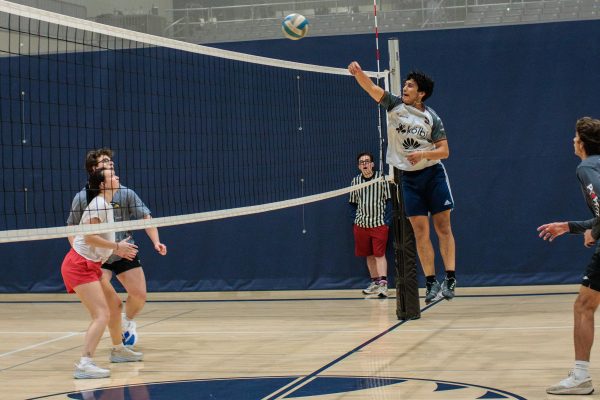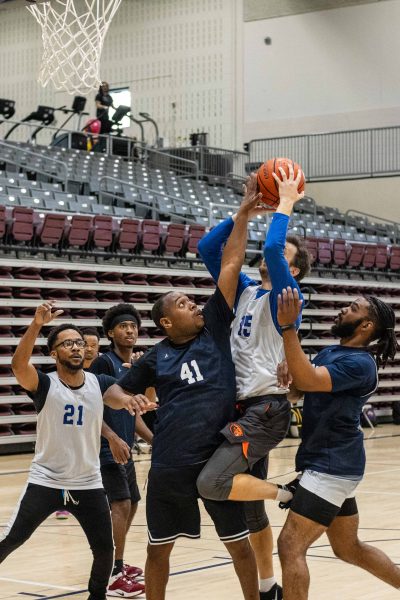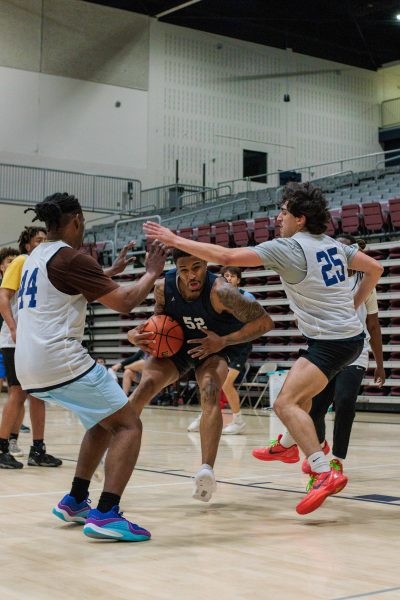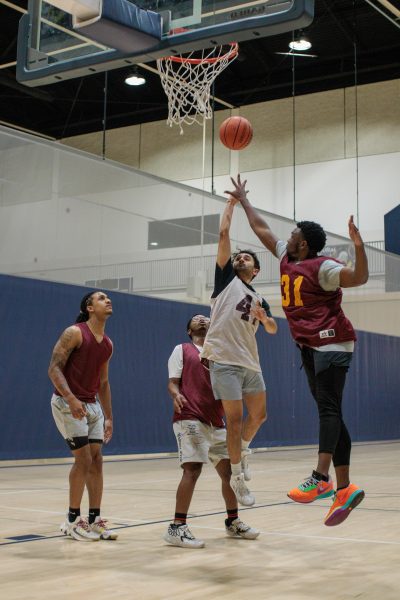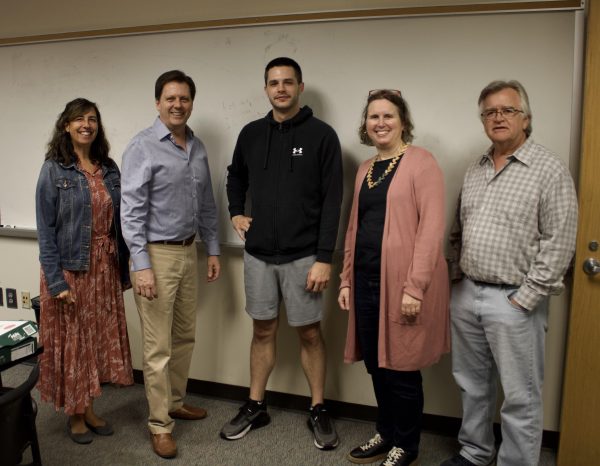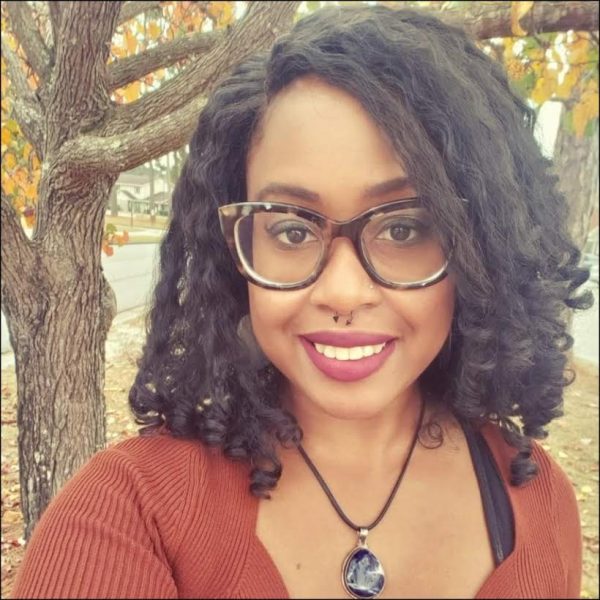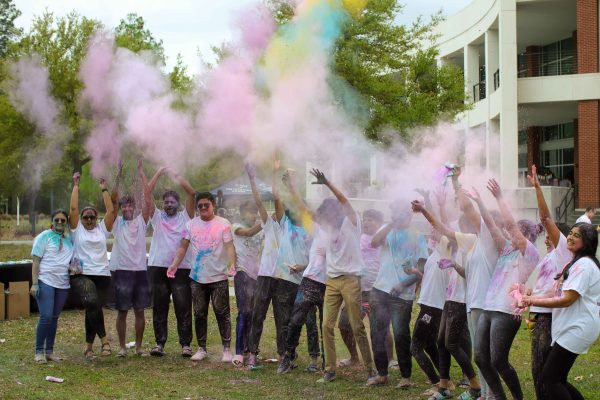When Asking for Help Goes Against Cultural Norms
Brown Bag Presentation: “Culturally Based Mental Health Skills”
In-Person Attendees of Brown Bag Presentation: “Culturally Based Mental Health Skills” with the event speaker Andres Medina, GS mental health counselor
Latin America spans from Mexico all the way to the southern tip of Southern America and encompasses many different countries, cultures and peoples. 62.1 million Americans identify as Latin American.
Despite the diversities and differences between communities, Latin Americans share some similarities in language, ancestry, music, food and religion.
In Latin American culture, there is also a more collectivist culture that is highly family-oriented. Collectivism prioritizes the well-being of the group over the well-being of the individual.
The hierarchical family structure is mostly matriachical with the fathers mostly only making the financial decisions.
Many people in this culture feel that asking for help with mental health issues or talking about mental health is “going against the family.” Matters of mental health, as with all other matters, need to be discussed within the family first rather than going outside.
As the presentation speaker, Andres Medina, explained, if Latin American students change their major, their whole family feels like they’re all deciding to change majors. Family dynamics can sometimes impact an individual’s decision to seek mental healthcare.
Latin Americans often discuss their mental health with their medical doctor or primary care provider and talk about the physiological symptoms of their mental health first before they see a specialist.
Many factors affect the mental health of Latin Americans. “Some of the factors we discussed were: geographic location, sense of community, acculturation, generation status and family history of immigration experience,” Medina said.
After the presentation, Medina started a discussion on how to stand up for Latin American students when others discriminate against them. Some of the students came up with ideas such as
Removing the person from the situation
- Asking the offender what they would do in the other person’s shoes
- Explaining to the offender the person’s situation
- Telling the offender what they say doesn’t matter
- Finding the person resources support them after they have been discriminated against
Hispanic Outreach and Leadership at Armstrong and the Office of Inclusive Excellence have resources for Latin American students struggling with mental health.
“HOLA creates a community for Hispanic and Latinx students, so that we can support each other in our academic career,” Diana Pineda, the president of HOLA said.
Latin American students struggling with mental health can call the university counseling center at 912-344-2529 on the Armstrong campus and 912-478-5541 on the Statesboro campus.

